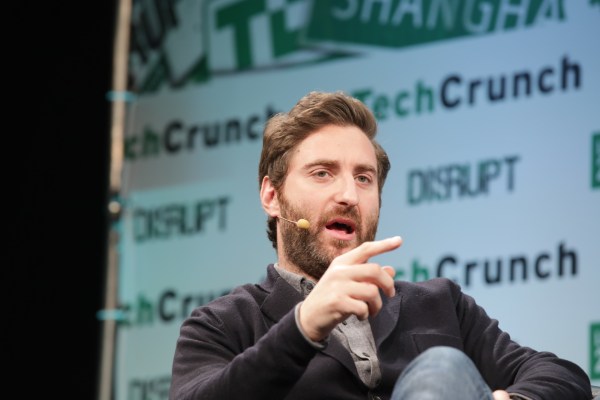Daniel Korski, former adviser to the ex-British Prime Minister David Cameron, has joined forces with venture investor Alexander de Carvalho to launch Public.io, a new venture to support technology startups aiming to work more deeply with the UK’s public services. Their first programme, GovStart, opens for applications today.
Public has been backed by a number of high-profile investors including Robin Klein, Ned Cranborne, Jon Moulton, David Meller, Theodore Agnew, Mark Austen, and Stefan Gleaner. It also has a number of corporate partners including AWS, Mischon and PWC.
The move comes after Korski was criticised in the press for controversially lobbying ‘on behalf of Uber’ in London while an aide to Cameron. He denies the allegations.
Korski says he’s decided to embark on this new venture after realising that while new technologies are transforming the lives of consumers, their experiences of the state is falling behind because government is so slow to act. This is his first public move since leaving government, after helping to run the Stronger In campaign during the UK’s EU Referendum.
“During my time in No. 10, I saw first-hand how much money was wasted on large IT contracts. Getting more start-ups to solve public problems will make a real difference by allowing new technologies into the public sector to deliver better, cheaper and more easy-to-use public services,” he told TechCrunch in an exclusive interview.
De Carvalho added: “The UK should be aiming to be the centre of a new GovTech industry. We have the market, both centrally and locally, the technologies, the finance and most importantly, the engineering and entrepreneurial talent to establish ourselves as the pioneers of this emerging sector. As governments everywhere digitize their services, we should strive to become the go-to place for new companies with government-focused technologies.”
The new GovStart programme will aim to help start-ups over a six-month period understand how they can engage with, sell into and ‘transform’ public services. Run by Mark Lazar, formerly at TechStars, the programme is billed as ‘the first of its kind globally’. Key team members include Caroline Makepeace, formerly of BEIS and TechCity; Justine Desmond, formerly at Osborne & Partners; and Theo Blackwell, a leading digital practitioner.
Its Advisory Board includes a number of policy-makers, technologists and procurement experts and investors who will help steer GovStart and support the companies in the programme. It includes:
- Bill Crothers, former Chief Procurement Officer in the UK government
- Alisa Swidler, philanthropist and investor
- Mark Dearnley, former CTO at HMRC
- Lord Paddy Ashdown, former head of the Liberal Democrats
- Mustafa Suleyman, founder of Google DeepMind
- Lord David Richards, former Chief of Defence Staff
- Lord Mark Malloch Brown, Labour peer and former deputy Secretary General of the UN
- Phaedra Chroussos, ex head of technology procurement in the Obama Administration
- Robin Klein, venture investor
In reply to the questions about his role in the affair surrounding Uber’s lobbying, Korski said: “First, I didn’t lobby for Uber, despite what the Daily Mail says. I’ve rejected the allegation on the record. And the email correspondence that’s been FOIed shows that I replied to TFL’s suggestion of a discussion, suggested further regulatory changes and had a view on the direction of travel of the regulations – but that’s it.”
“And to be clear: I’ve never been paid by Uber, didn’t speak to them during TfL’s regulatory process and haven’t worked with them since,” he added.
Korski also said his proposal is purely to help startups understand the public sector, give business advice and provide support and capital. But there will be “no lobbying”.
He said: “What we are proposing to do is give the smallest firms a chance. And in so doing bring down the cost of government and improve public services. The larger vendors have armies of lobbyists, cash to burn and are content to charge through the nose. We are hoping to give governments everywhere access to cheaper and better alternatives.”
Whatever the case, Korski’s understanding of how government works, and deep contacts in both government and the tech business community would likely be a big fillip to tech startups looking to engage with the UK government and the public sector at a time when it is more or less completely preoccupied with Brexit negotiations.
